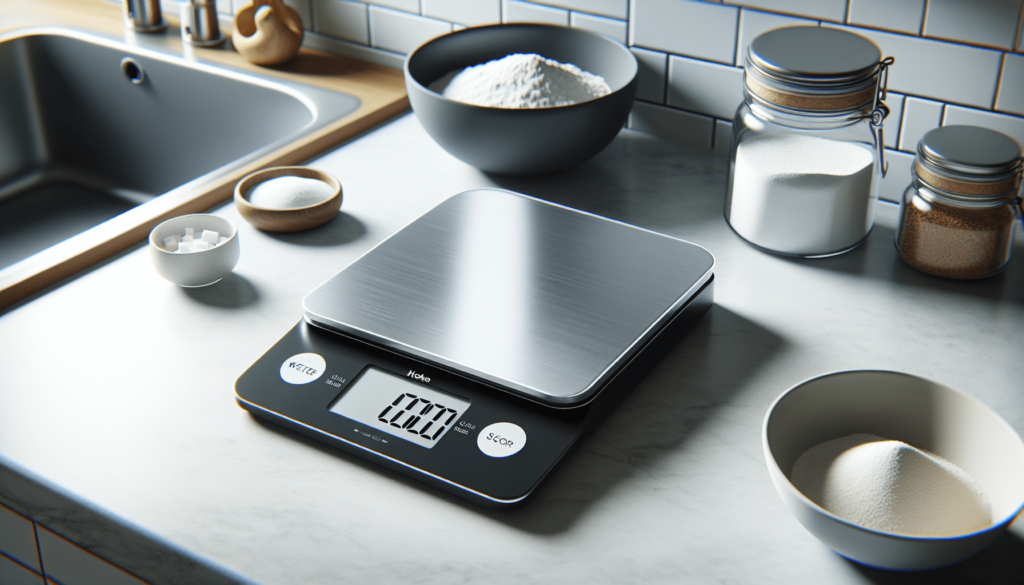How Accurate Are Digital Kitchen Scales
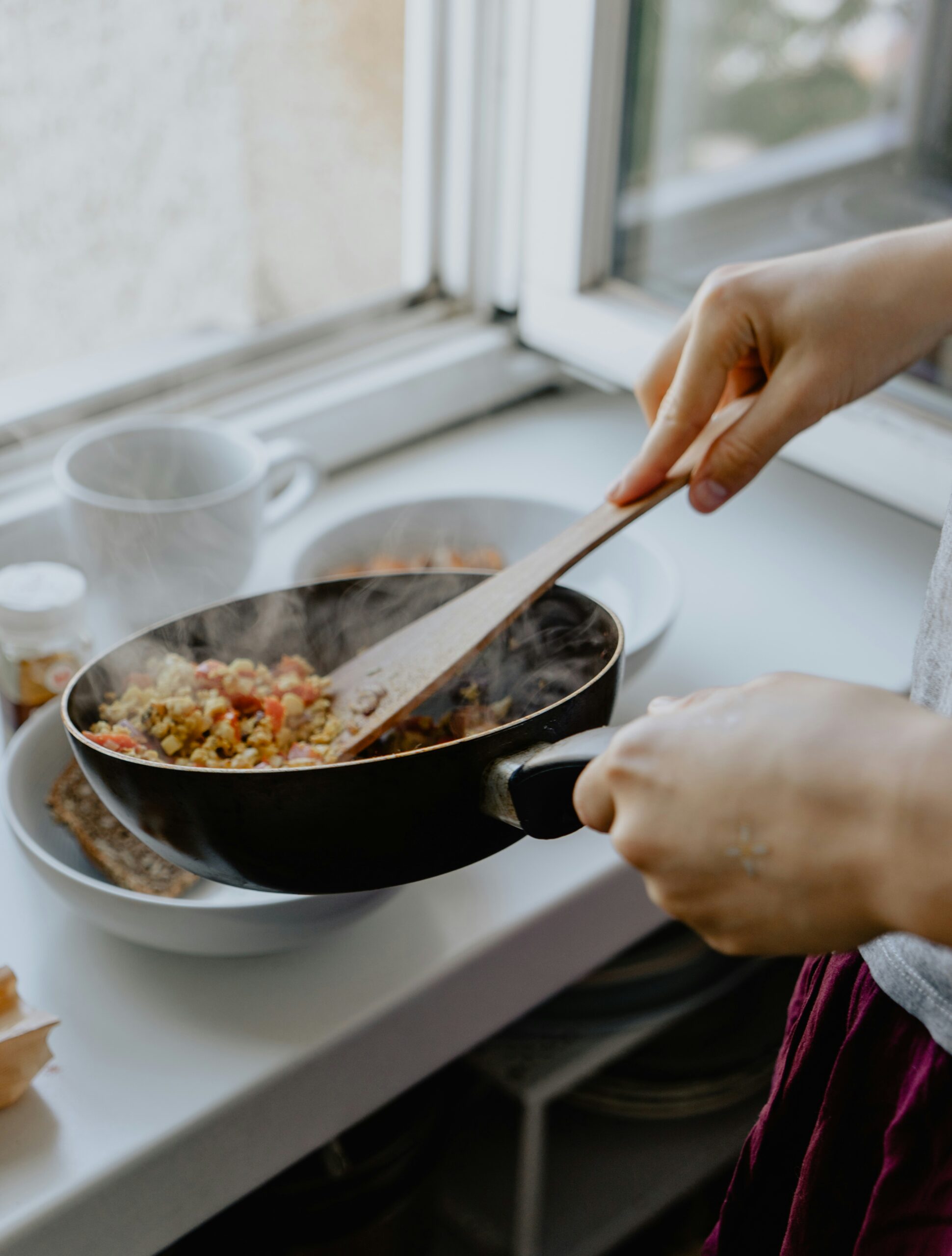
Have you ever wondered how accurate your digital kitchen scale really is? Whether you’re measuring ingredients for a precise recipe or keeping track of your dietary intake, understanding the accuracy of your digital kitchen scale can make a significant difference in your culinary endeavors. Let’s dive into the intricacies of digital kitchen scales and explore how accurate they truly are.
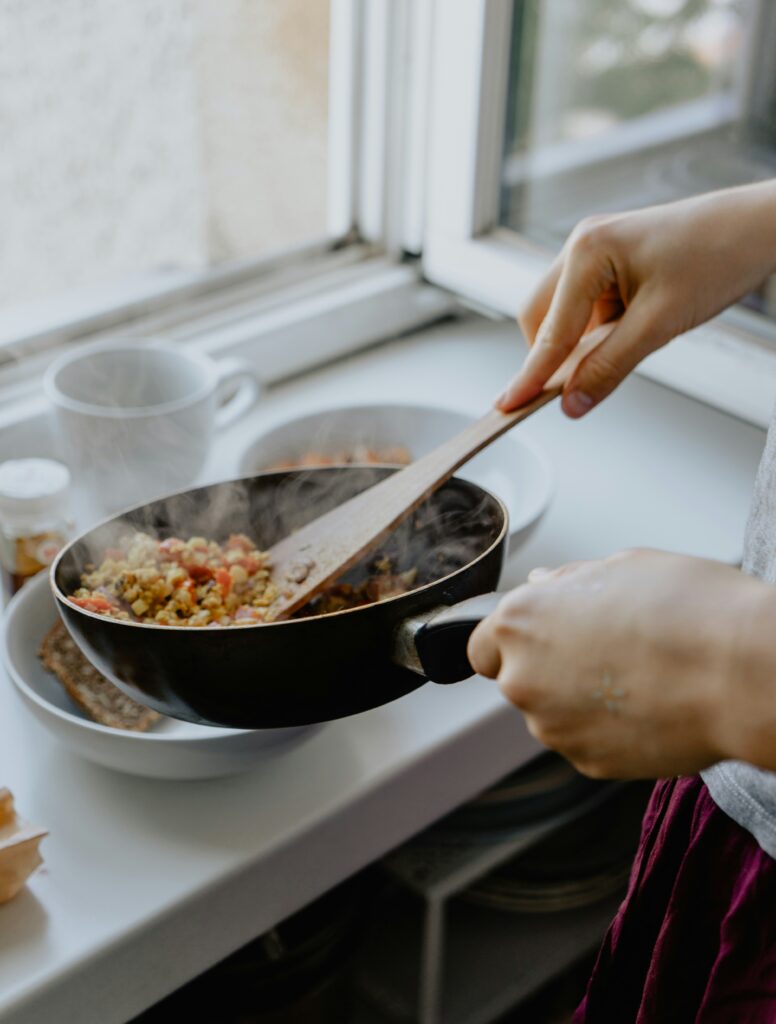
Understanding Digital Kitchen Scales
Digital kitchen scales have become a staple in many kitchens due to their convenience and precision. These tools are designed to measure food and other ingredients with a digital readout, making it easier to get exact measurements compared to traditional analog scales.
How Digital Kitchen Scales Work
Most digital kitchen scales operate using a strain gauge load cell. When weight is placed on the scale, the load cell deforms slightly. This deformation changes the electrical resistance, which the scale then measures and converts into a digital readout displayed on the screen. This technology allows for precise measurements, often down to the gram or fraction of an ounce.
Benefits of Using Digital Kitchen Scales
Using a digital kitchen scale can enhance your cooking and baking in several ways:
- Precision: Digital scales provide more precise measurements than traditional measuring cups or spoons, which can be especially important for baking where accuracy is crucial.
- Consistency: With digital scales, you can achieve consistent results every time you make a recipe.
- Ease of Use: Most digital scales come with features like tare functions, which allow you to zero out the weight of containers, making it easier to measure multiple ingredients in one bowl.
Factors Affecting the Accuracy of Digital Kitchen Scales
Despite their advanced technology, several factors can influence the accuracy of digital kitchen scales. Understanding these factors can help you make more informed decisions when using or purchasing a scale.
Quality of the Scale
The quality of the scale can greatly impact its accuracy. Higher-end brands like OXO, Escali, and My Weigh are generally more reliable due to their superior build quality and better load cells. On the other hand, cheaper models might not provide the same level of accuracy. Investing in a reputable brand can often save you from the frustration of inconsistent measurements.
Calibration
Over time, digital kitchen scales can lose their accuracy due to regular use and wear. Calibration is the process of adjusting the scale to ensure its measurements are correct. Many digital kitchen scales come with an automatic calibration feature, or you might need to do it manually using standard weights.
To manually calibrate a scale:
- Place the scale on a flat, stable surface.
- Turn it on and zero it out.
- Place a known weight on the scale and adjust the scale according to the weight’s actual value.
Regular calibration ensures your scale continues to provide accurate measurements.
Environmental Factors
Environmental conditions can also affect the performance of your digital kitchen scale. Factors like temperature, humidity, and even air currents can lead to slight variations in measurements. Ideally, use your scale in a controlled environment:
- Temperature: Extreme temperatures can affect the materials inside the scale.
- Humidity: High humidity can cause condensation, which might interfere with the scale’s electronics.
- Air Currents: Breezes or drafts can influence the weight reading, especially for very light measurements.
Battery Life
Low battery levels can lead to inaccurate readings. Ensure your scale always has sufficient battery life to maintain its precision. Regularly replacing the batteries as per the manufacturer’s recommendations can help keep your scale functioning correctly.
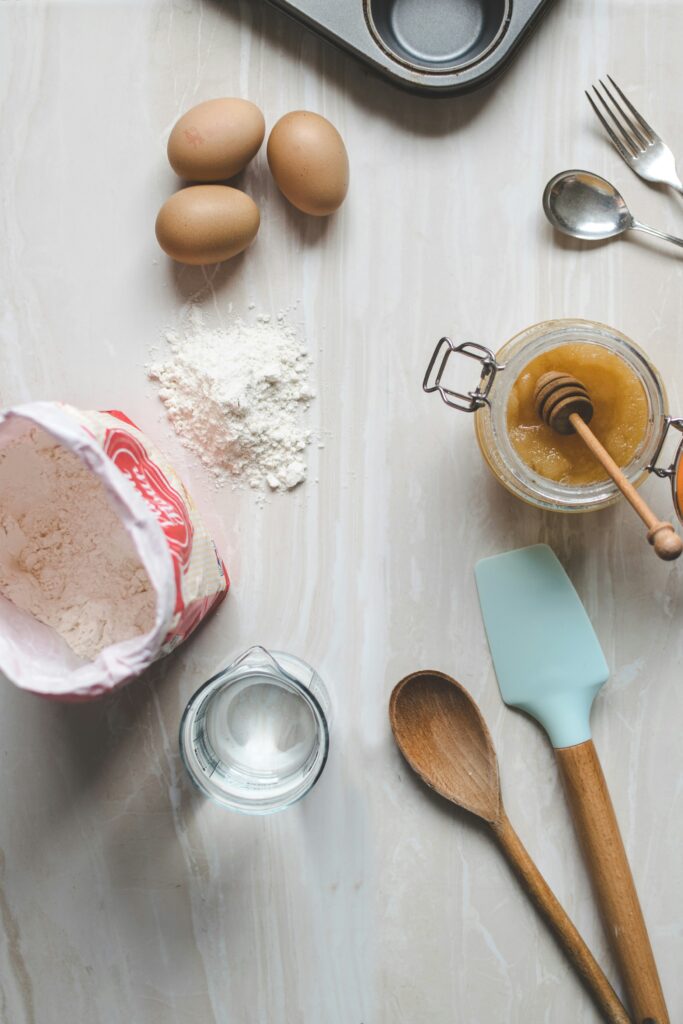
Comparing Popular Brands of Digital Kitchen Scales
There are numerous brands of digital kitchen scales available on the market, each varying in quality, price, and features. Let’s compare a few popular ones to give you a better understanding of what they offer.
| Brand | Key Features | Price Range | Accuracy |
|---|---|---|---|
| OXO | Backlit display, pull-out display, tare function | $30-$60 | High |
| Escali | Multiple units of measurement, auto shut-off | $20-$50 | High |
| Etekcity | High capacity, low battery indicator | $15-$35 | Moderate |
| Ozeri | Touch sensitive buttons, tempered glass design | $20-$40 | Moderate |
| My Weigh | Extra large weighing platform, built-in timer | $25-$55 | High |
| Greater Goods | Simple design, affordable | $15-$30 | Moderate |
| Nicewell | USB rechargeable battery, waterproof design | $20-$45 | High |
| Kitchen Ready Units | Multi-functionality, compact design | $15-$35 | Moderate |
| AmazonBasics | Budget-friendly, simple interface | $10-$25 | Moderate |
Detailed Brand Analysis
OXO
OXO scales are known for their durability and user-friendly design. Features like a pull-out display ensure you can read the measurements even with large bowls. These scales are typically very accurate and come with a range of handy functions.
Escali
Escali offers precision with simplicity. These scales often provide multiple units of measurement (grams, ounces, pounds), making them versatile for various recipes. They also include auto shut-off to conserve battery.
Etekcity
Etekcity scales are favored for their larger capacity and ease of use. They include features like a low battery indicator to ensure you never run out of power unexpectedly.
Ozeri
Ozeri scales often feature modern, sleek designs with touch-sensitive buttons and tempered glass platforms. They offer moderate accuracy but are reliable for everyday cooking needs.
My Weigh
My Weigh scales are tailored for those needing a robust and versatile option. With large weighing platforms and additional features like timers, they are ideal for a variety of kitchen tasks.
Greater Goods
These scales are straightforward and budget-friendly. They might not have as many features as higher-end models but are sufficient for basic measuring tasks.
Nicewell
Nicewell scales often feature innovative designs, such as USB-rechargeable batteries and waterproof panels. These features can add convenience and longevity to the scale’s life.
Kitchen Ready Units
These scales provide multi-functionality in a compact design, suitable for those needing a basic yet versatile option at an affordable price.
AmazonBasics
As the name suggests, AmazonBasics offers no-frills, budget-friendly scales that get the job done. While they might lack some advanced features, they are generally accurate enough for typical kitchen use.
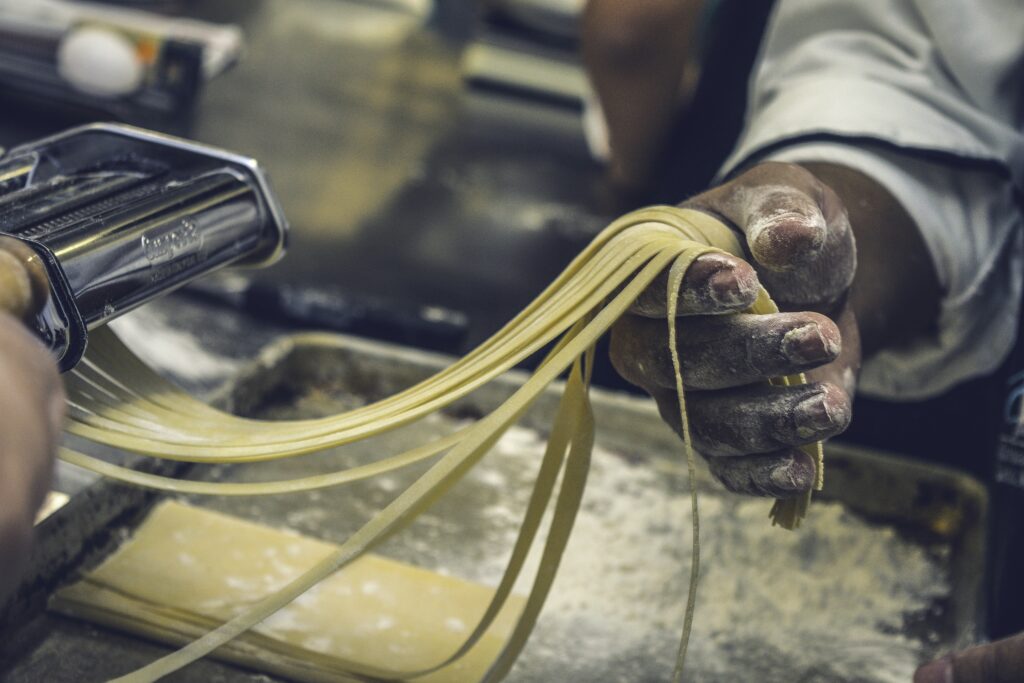
Ensuring Accuracy in Everyday Use
To maintain your digital kitchen scale’s accuracy for day-to-day use, consider the following tips:
Regular Calibration
As mentioned earlier, regular calibration is crucial. Set a reminder to calibrate your scale once every few months or after heavy usage.
Correct Placement
Always place your scale on a flat, stable surface during use. Avoid placing it near electronic devices that could interfere with its sensor.
Consistent Handling
Handle your scale with care. Avoid dropping it or placing excessive weight on it beyond its capacity. Physical shocks can misalign the internal components, affecting its accuracy.
Cleaning and Maintenance
Keep your scale clean and free from debris. Use a slightly damp cloth to wipe the surface, making sure that no liquid gets into the sensor or display areas. Regular maintenance prolongs the life of your scale and ensures accurate readings.
Test with Known Weights
Occasionally test your scale with known weights, such as calibration weights or household items with clearly labeled weights. This practice helps you ascertain whether your scale remains accurate over time.
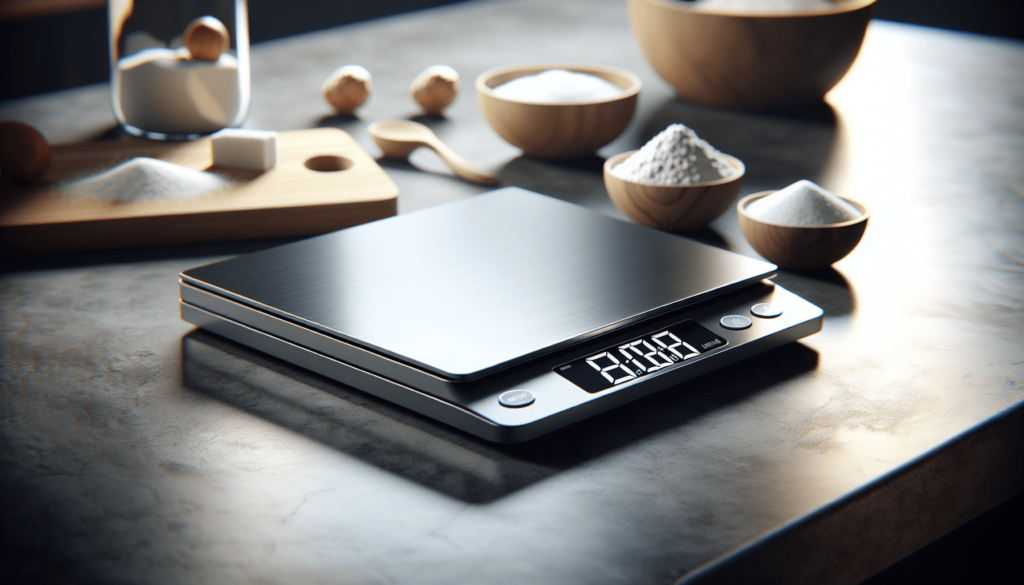
Conclusion
Digital kitchen scales are indispensable tools in modern kitchens, offering precision and convenience for a variety of culinary tasks. While several factors can impact their accuracy, understanding these and choosing the right scale can significantly enhance your cooking and baking experience.
Investing in a high-quality scale, regularly calibrating it, and using it in stable environmental conditions can help you get the most accurate readings. Brands like OXO, Escali, and My Weigh are reliable choices if accuracy is paramount to you. On the other hand, more economical options like AmazonBasics can suffice for everyday needs.
By paying attention to the intricacies of digital kitchen scales, you ensure that your culinary creations are consistently delicious and perfectly measured every time. So, the next time you measure those flour and sugar for a perfect cake, you can trust your digital kitchen scale to guide you accurately.
